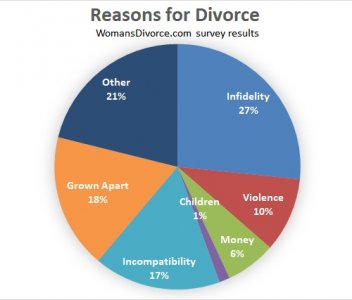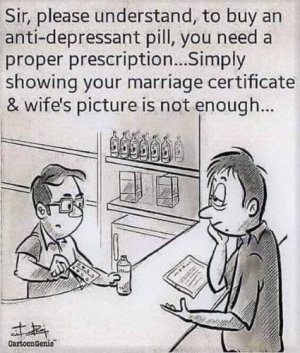A bit of research is called for here I believe, (though you/we dont have to accept it all verbatim!):
https://scholarworks.merrimack.edu/cgi/viewcontent.cgi?article=1049&context=honors_capstones
Abstract:
"Fatherless households are becoming increasingly common throughout the United States. As a result, more and more children are growing up without the support of both parents, and this may be causing developmental consequences. While there has been significant research conducted on the effect of absent fathers on children in general, there has been far less research regarding girls specifically. As discovered in this paper, girls are often impacted differently than boys when it comes to growing up without a father. The current research paper aims to discover just exactly how girls are impacted by this lack of a parent throughout their lifetimes, from birth to adulthood.
The Developmental Effects on the Daughter of an Absent Father Throughout her Lifespan
The 21st century phrase “daddy issues” is used ubiquitously in society, particularly on social media. This colloquial term references the psychological issues that often arise in women who have grown up without a father figure. Although it is typically used in a colloquial manner, there is a lot of truth behind the phrase. There are in fact numerous challenges that inevitably come along with the lack of a father figure from one’s life, particularly a female’s. While both genders may experience detrimental consequences from growing up fatherless, this phenomenon is known to affect women differently, and debatably more drastically.
There are various potential theories to explain the reason why girls of absent fathers are impacted more than boys. One of these theories is self-in-relation-theory, which proposes that the sense of self develops differently in males and females (Brown, 2018). A male’s sense of self, according to this theory, comes about through gradual separation from the adults in his life (Brown, 2018). First he separates from the care of his mother, then from the rest of his family, and eventually from any mentors that have helped guide him (Brown, 2018). They achieve their sense of self via autonomy and independence (Brown, 2018). For women however, their identities are achieved through relationships with others (Brown, 2018). They tend to define themselves based on the quality of their relationships with family, friendships, as well as any other kind of relationship (Brown, 2018). Therefore, the lack of a father-daughter relationship for a girl may make her feel incomplete as an individual.
In any case, there are many potential reasons why a father is absent from his daughter’s life, whether that be death, incarceration, or divorce. In this paper, however, we will be specifically focusing on circumstances in which a father actively chooses not to be part of his daughter’s life. In other words, throughout this paper, the term absent father will not refer to a father who is deceased, but rather one who has an abnormal or non-existent relationship with his child. An abnormal relationship may refer to a relationship in which there is some, but very little communication and/or time spent together between father and daughter. The reason in which we will be omitting death as a form of absence in this paper is because some research indicates that the reason behind a father’s absence plays a major role in how the child handles it from a social-emotional standpoint. According to O’Dwyer (2017), while the death of a parent is certainly traumatic for a child, it also comes along with “a certainty and a sense of clarity”, whereas paternal absence through divorce often comes along with a sense of abandonment. Regardless of the reason behind it, the absence of a father figure alone is harmful to a child. Girls may feel unaffected by their father’s absence, especially if he was never around, because you can’t miss what you never had, right? Well, wrong. It has been proven that the absence of a father, whether females are aware of it or not, often has dramatic effects on their social-emotional development through adulthood. Girls may feel unaffected, especially if their father was never there, but their lives and the way they go about relationships with others may prove otherwise."
Break
Conclusion:
"In conclusion, there are in fact various inevitable consequences that come along with the absence of a father from one’s life. Because growing up without a father is becoming so common, we may tend to overlook the repercussions that arise as a result. Both boys and girls will experience these repercussions, yet the effects of a fatherless childhood may present themselves differently among genders. Fatherless women tend to encounter difficulty in regards to heterosexual romantic relationships, hence the use of the term “daddy issues” which has become quite popular in the media. Other potential consequences include but are not limited to early sexual development, poor mental health, and an insecure attachment pattern. Researchers have performed numerous studies to evaluate and prove these developmental deficits that tend to emerge in fatherless individuals. However, despite factual evidence of some of these issues, growing up without a father does not indicate that a child is doomed. Children who grew up without the support of a father still have the potential to thrive and flourish."




